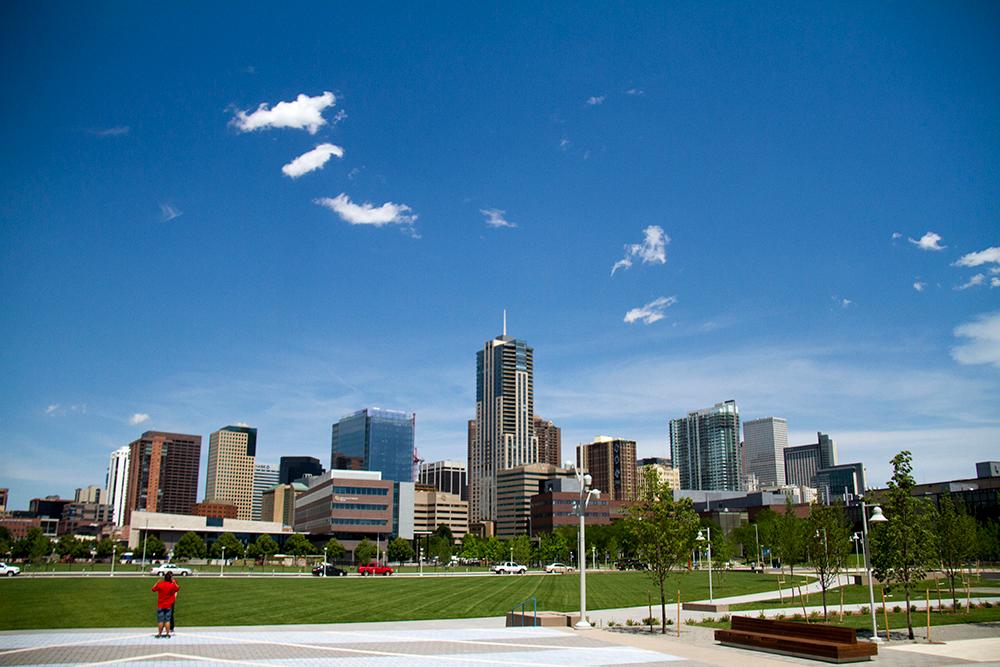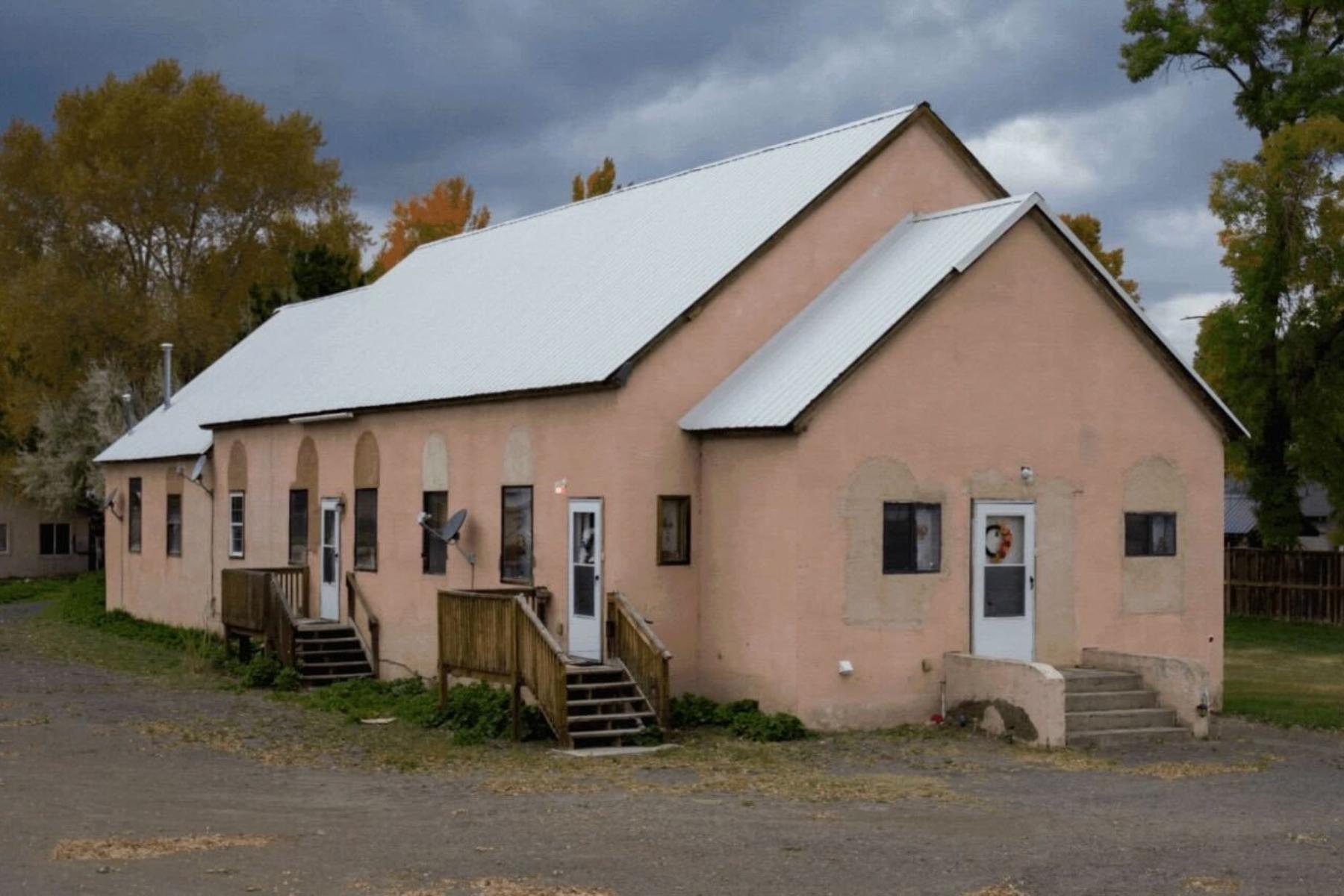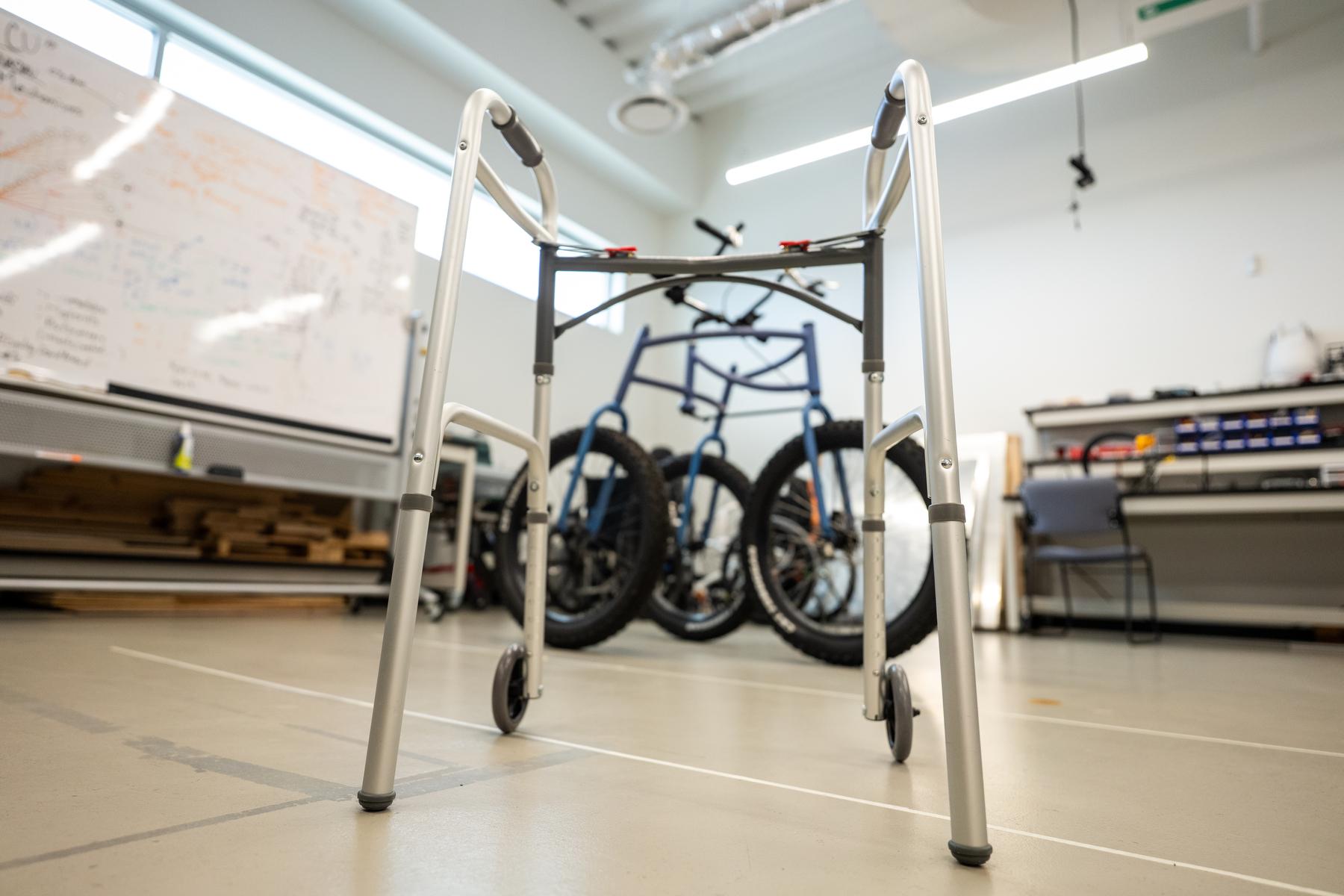
Metropolitan State University is testing one of its buildings on the Auraria campus after four university employees who worked in the same office area of the building were diagnosed with three different kinds of cancer.
West Classroom is being tested for carcinogens out of an “abundance of caution,” said Larry Sampler, MSU’s vice president and chief operations officer. West Classroom is 44 years old. Previous tests for asbestos and lead in the water gave university officials no reason to believe the building was unsafe.
At a town hall at the MSU campus in downtown Denver on Thursday, Sampler said he learned of concerns last week after he received an email that a university employee had been diagnosed with aggressive breast cancer that day. The same woman also pointed out that other people who worked in the same office area were also diagnosed with cancer within six months of each other.
“We immediately started asking ourselves, ‘What are the consequences of this?’ ‘Do we need to evacuate the building?’ ‘Is it unsafe?’” Sampler said. “We literally have no data that suggests that building is unsafe. We have the occurrence of these cancers. But in talking to health professionals and in reviewing the literature, there's rarely, if ever, a link between a building and these kinds of disparate cancers.”
Two independent firms with no relationship to the schools or the state will run tests independent of each other, Sampler said. Four offices in the West Classroom are being tested.
People in the building will not immediately be relocated, but there is a plan in place in case test results show something alarming. Results are expected to be completed by Aug. 8, four days before staff is expected to return to the building Aug. 12.
A notice was sent to students after the town hall, informing them of the testing in West Classroom, Sampler said. Students will return to campus Aug. 19.
MSU’s buildings have regular preventative maintenance with checks of HVAC systems, lighting, plumbing, windows, doors and more.
Some staff members who attended the town hall brought up concerns about asbestos in their classrooms and buildings, especially when hanging things on the wall.
Auraria Higher Education Center’s Environmental Health and Safety Manager Emily Sanders, who is also a state-certified building inspector, said nine times out of 10, asbestos on campus is not in the drywall itself, rather the sealant or drywall mud.
“When it comes to asbestos, the first thing I would like to comment on is that it has a long latency period,” she said. “Out of an abundance of caution, like we have said several times today, we ask that you direct work orders through AHEC to hang things on your wall just so that we can do that background check."
In 2016, MSU’s student newspaper The Metropolitan reported the physical education. building had to be closed temporarily for asbestos removal. Asbestos was also found in 2010 at West Classroom during a building remodel.
“Our buildings are all 40 to 50 years old, and when buildings are that old they have issues,” Sampler said. “There isn’t an ongoing issue on campus… We have to deal with the reality of the problem, which is a very specific technical problem of four people who have cancer and then we have to deal with the perceptions. And that’s a student who hears from another student that, ‘Oh my god, there is a cancer scare on campus.’ I’m not belittling that, but dealing with that is different.”









